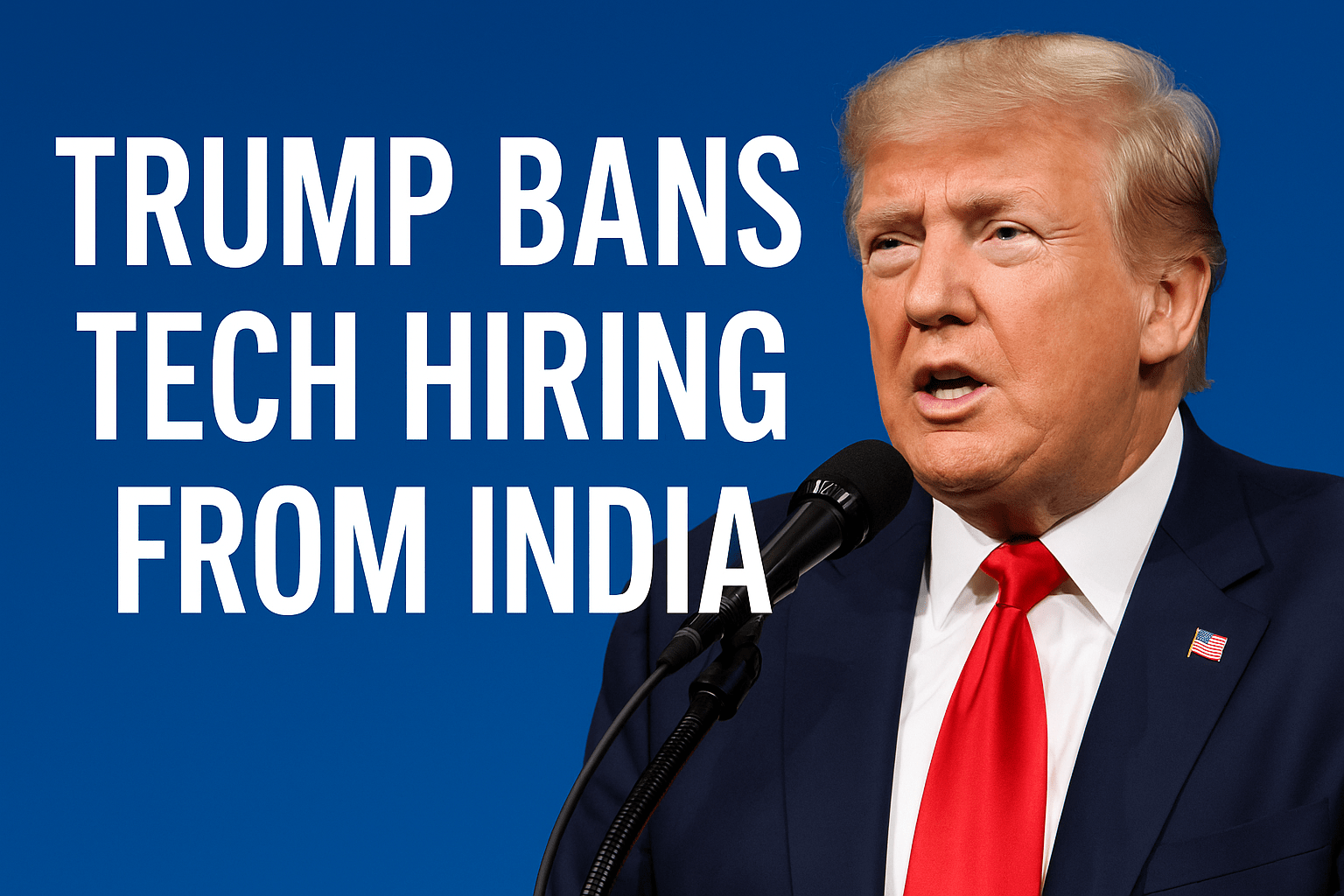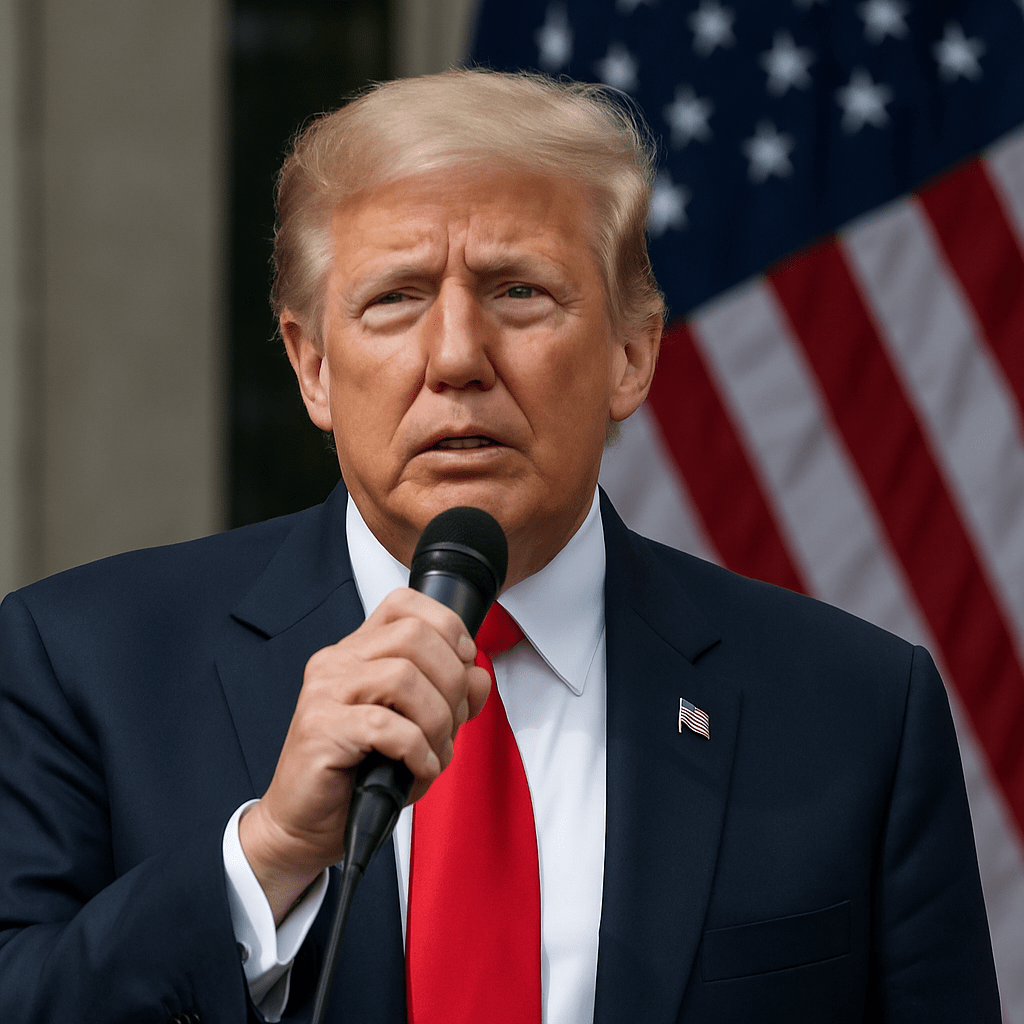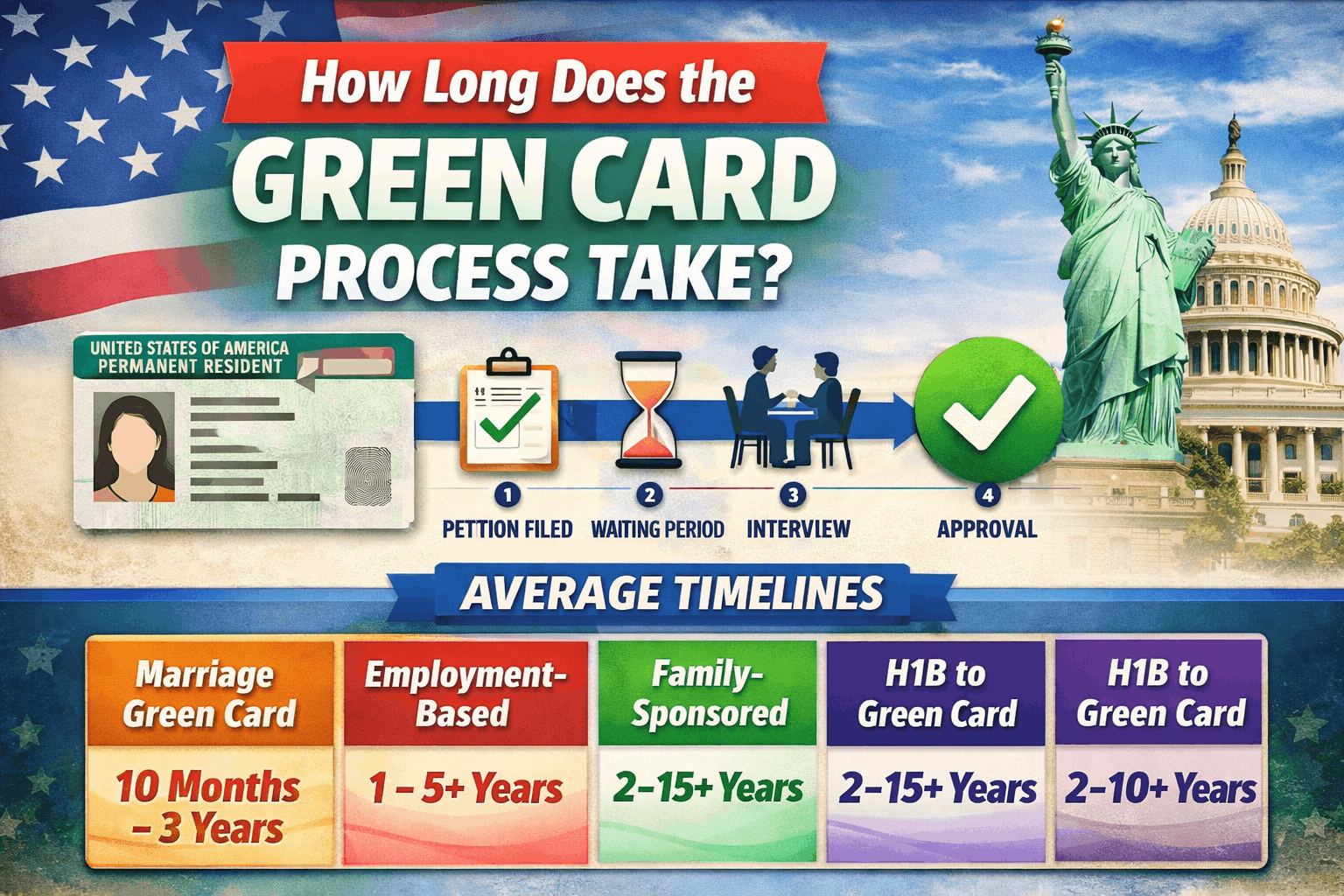|
Getting your Trinity Audio player ready... |
In a bold move that’s already shaking the global tech industry, Donald Trump has called on U.S. tech giants to stop hiring from India. Speaking at the highly anticipated Trump AI Summit 2025 in Washington on July 23, the former president directly urged companies like Google and Microsoft to shift their hiring focus back to the United States. This controversial stance, now being dubbed “Trump bans tech hiring from India,” has become the center of debate among business leaders, policymakers, and global tech professionals alike.
A Turning Point in U.S. Tech Job Policy
During his keynote at the AI summit, Trump declared that American companies must stop outsourcing high-tech roles and instead prioritize domestic job creation. He emphasized that Silicon Valley’s reliance on foreign talent, particularly from India, has hurt U.S. workers and weakened national competitiveness in emerging fields like artificial intelligence.
“Our companies have built factories in China, hired coders in India, and parked profits in Ireland all while ignoring the American worker,” Trump said. “Under my leadership, those days are over.”
This statement not only targeted the decades-long trend of outsourcing to India, but also signaled a broader shift in the U.S. tech job policy. Trump’s speech was laced with nationalistic tones, pushing for what he described as “a new era of patriotic innovation.”
Google and Microsoft Hiring Ban: Direct or Symbolic?

While Trump did not issue a formal executive order banning overseas hiring, his remarks were a clear challenge to companies like Google and Microsoft. These tech giants have long relied on Indian talent for both onshore and offshore operations. India has been a global hub for skilled engineers, software developers, and AI researchers making it an integral part of the U.S. tech ecosystem.
Now, with Trump’s renewed stance, a Google and Microsoft hiring ban at least in the spirit of his message put a major dent in global recruiting strategies.
Industry analysts are watching closely to see whether this rhetoric will translate into policy. If it does, the impact on cross-border employment and innovation could be profound.
AI Leadership and National Loyalty
The Trump AI Summit 2025 wasn’t just about hiring practices. Trump used the platform to unveil a triad of executive orders focused on reshaping America’s AI future:
- National Strategy for AI Growth – A comprehensive plan to boost AI development across all federal sectors.
- Political Neutrality in AI – A requirement for federally funded AI companies to build models free from political bias.
- Global Competitiveness of U.S. AI Tools – A directive to support, export, and scale American-made AI technologies to compete on a global scale.
These moves align with Trump’s broader goal of asserting U.S. dominance in the rapidly evolving tech landscape. He framed AI development as a patriotic duty, urging American companies to treat it not just as innovation, but as national service.
“Winning the AI race will take more than just money it will take loyalty, dedication, and love for America,” Trump said.
This patriotic appeal adds fuel to the idea of US vs India tech hiring, making it more than an economic issue it’s now positioned as a matter of national pride and technological sovereignty.
What This Means for Indian Tech Talent

India, often considered the back-office of the global tech world, has long supplied Silicon Valley with a steady stream of engineering and coding talent. From Bangalore to Hyderabad, tech parks have thrived thanks to partnerships with U.S. firms.
Trump’s message threatens to disrupt this flow. A shift away from hiring Indian workers could:
- Decrease job opportunities for Indian tech professionals in both remote and onshore roles.
- Impact bilateral economic relations between the U.S. and India.
- Trigger a brain drain reversal as talent seeks opportunities in other global tech hubs like Europe, the Middle East, or Southeast Asia.
While India’s IT industry has weathered political storms before, this direct call from a high-profile U.S. leader could mark a serious pivot in outsourcing dynamics.
Domestic Reactions and Economic Implications
In the U.S., reactions have been mixed. Supporters of Trump’s message applaud the renewed focus on American tech jobs and domestic innovation. They argue that too many high-paying roles have been shipped overseas at the expense of U.S. workers.
However, critics warn that cutting off global hiring especially from a country as tech-savvy as India — could slow down innovation, raise labor costs, and reduce the agility of tech firms operating in fast-paced environments.
Some economists argue that talent diversity and global collaboration have been foundational to Silicon Valley’s success and any isolationist approach could backfire.
Will Tech Giants Comply?
The real test lies ahead. Will Google, Microsoft, and other leading tech firms comply with Trump’s urging? Or will they push back, citing business realities, diversity goals, and global expansion needs?
For now, the phrase “Trump bans tech hiring from India” captures the uncertainty and tension rippling through the global tech ecosystem. Whether symbolic or soon-to-be policy, the message is clear: U.S. leadership in AI and tech must begin at home.







